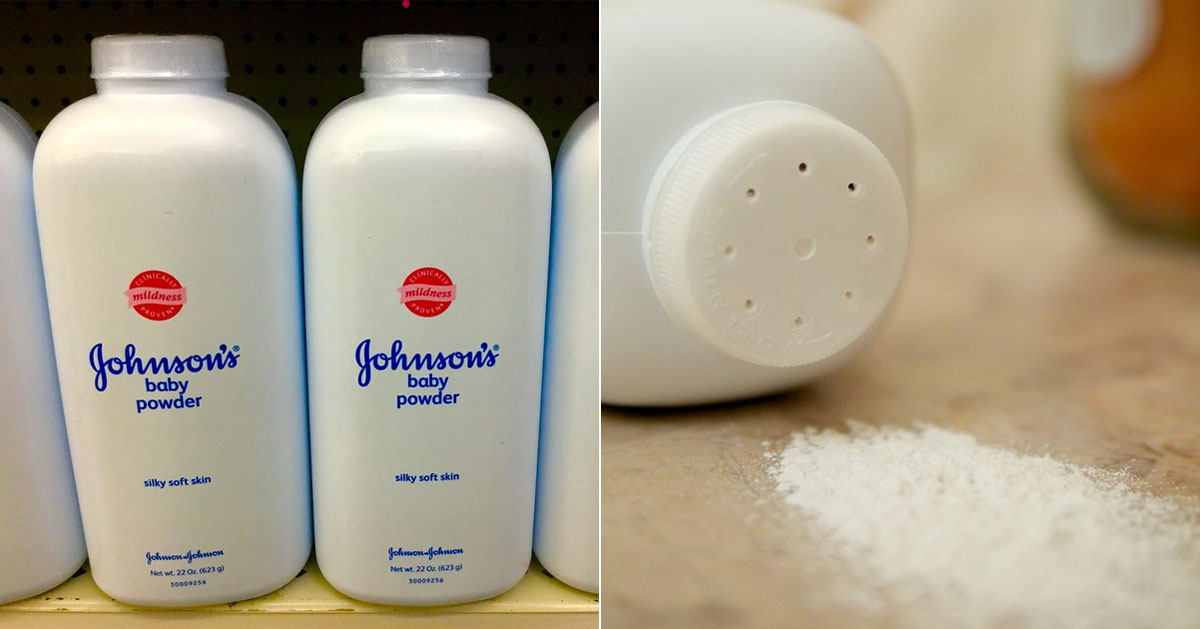Talcum powder sold by Johnson & Johnson caused ovarian cancer and the pharmaceutical giant has to pay US$2.1 billion (S$2.9 billion) in damages, a United States court ruled as it upheld a verdict and ordered the compensation.
Even though the damages run into the billions, this is already a step down from the previous quantum.
In 2018, a jury awarded 22 people US$4.4 billion.
This latest decision by the Missouri Court of Appeals saw the figure cut by more than half.
The June 23 decision upheld the awarding of damages for "knowingly selling products that contained asbestos to consumers”.
However, the court agreed that some of the plaintiffs should not have been included in the case as they were from outside the state.
"Because defendants are large, multi-billion-dollar corporations, we believe a large amount of punitive damages is necessary to have an effect in this case," the judgement said.
"It is impossible to place monetary value on the physical, mental and emotional anguish plaintiffs suffered because of their injury caused by defendants."
Johnson & Johnson would appeal the decision in the Supreme Court of Missouri, a company spokesperson said, according to the Wall Street Journal.
Background
Thousands of lawsuits has been filed against Johnson & Johnson across the United States.
Johnson & Johnson has been accused of failing to warn consumers of the risk of cancer from asbestos in its talc-based products.
In 2019, a plaintiff said the company's baby powder had given her terminal cancer.
A California jury awarded millions in damages.
In May 2020, Johnson & Johnson announced it is discontinuing production of its talc-based baby powder in the U.S. and Canada, partly owing to the "constant barrage of litigation advertising" over the product.
But it will continue to sell the product in the rest of the world.
Top photos via Mike Mozart Flickr & Austin Kirk Flickr
If you like what you read, follow us on Facebook, Instagram, Twitter and Telegram to get the latest updates.
